The Sabbath begins at 9:40 P.M. on Friday, July 1, and concludes at 11:30 P.M. on Saturday in the Vilnius region.
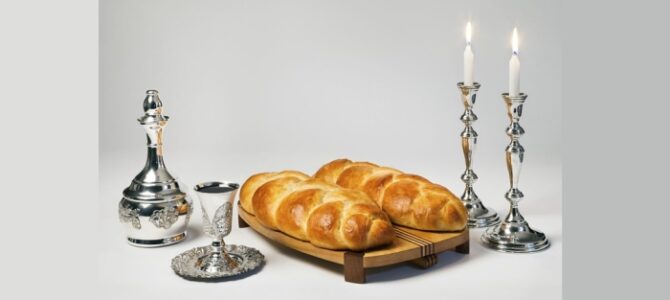

The Sabbath begins at 9:40 P.M. on Friday, July 1, and concludes at 11:30 P.M. on Saturday in the Vilnius region.
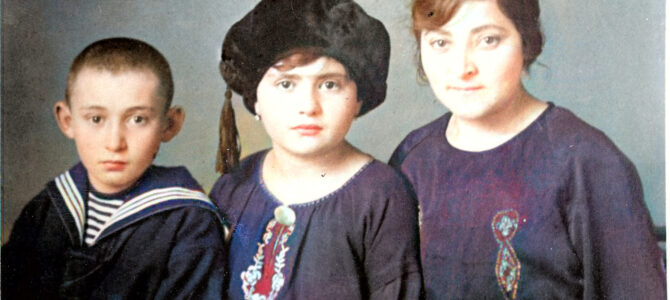
by Grant Gochin
When your grandmother’s last words make it clear that she’s not who you thought she was, you are willing to move all the mountains in Europe to get to the truth
Dinner between cousins was scheduled for Shabbat on Friday, May 14, 1915. How was I to know that the Shabbos meal never took place? Without warning, Russian forces launched a genocidal mass deportation of Baltic Jews deep into Russia. Families were torn apart, lives were destroyed and communities of Jews devastated.
The first inkling I had was on my grandmother’s deathbed. Her final lucid words to me were: “I wish I knew my name. I wish I knew who my family was.” We thought we knew her name–Bertha Lee Arenson. We were wrong.

The Sabbath begins at 9:42 P.M. on Friday, June 24, and concludes at 11:33 P.M. on Saturday in the Vilnius region.
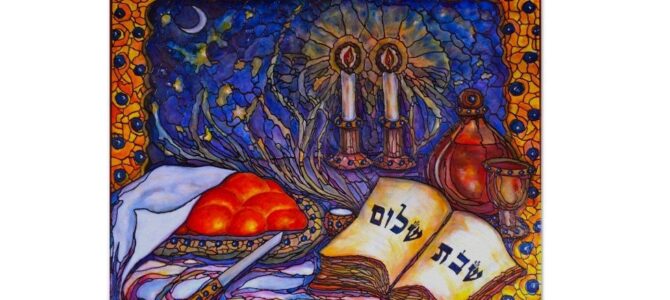
The Sabbath begins at 9:40 P.M. on Friday, June 17, and concludes at 11:31 P.M. on Saturday in the Vilnius region.
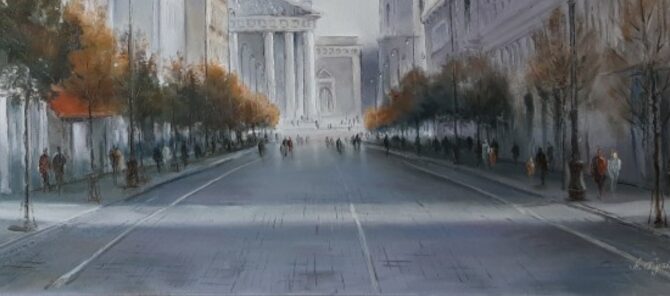
Jewish tour guide Mark Psonic will lead a walking tour of Vilnius’s main street, Gedimino prospect, on June 17 as part of a larger event being held by the Lithuanian Jewish Community’s Gesher and Kaveret Clubs.
Those wishing to take the tour will assemble at the bell tower of the Cathedral in central Vilnius at 6:00 P.M. Friday. The walking tour will conclude at the Cvi in the Park Israeli street food kiosk located in the former Petras Cvirka square across the street from the LJC, where the Sabbath will be ushered in in the traditional manner.
The cost per person is five euros with registration by internet till June 15 and no later. Send an email to zanas@sc.lzb.lt to register.
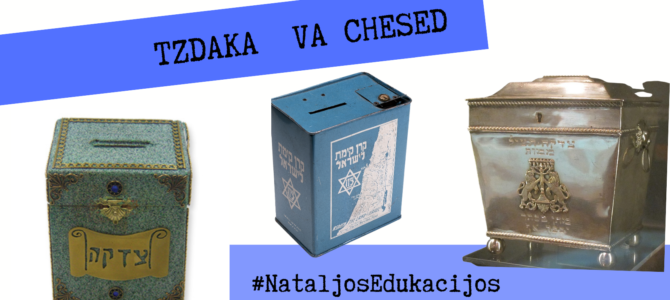
Tzedakah or Ṣedaqah, literally “righteousness” in ancient Hebrew, is the duty to charity in Judaism, often directed towards coreligionists living in poverty.
The Talmud says mercy is an essential Jewish characteristic, and that the rich man has a duty to give and the poor man a duty to receive. Giving charity isn’t so much a burden as a privilege and a mitzvah.
During this lecture Natalja Cheifec will present various aspects of tzedekah, including why we are obligated to give, to whom are we obligated to give, when charity should be given, how much should be given, how the giver should behave towards the receiver, charity and numerology, and others.
The lecture and discussion will take place via internet at 5:30 P.M. on June 16, most likely in Lithuanian and/or Russian. Register here: https://bit.ly/3K73kEE
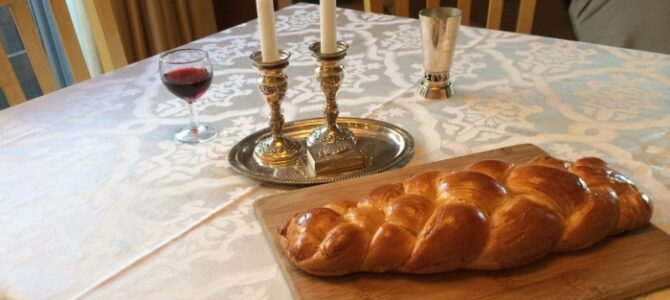
The Sabbath begins at 9:35 P.M. on Friday, June 10, and concludes at 11:26 P.M. on Saturday in the Vilnius region.
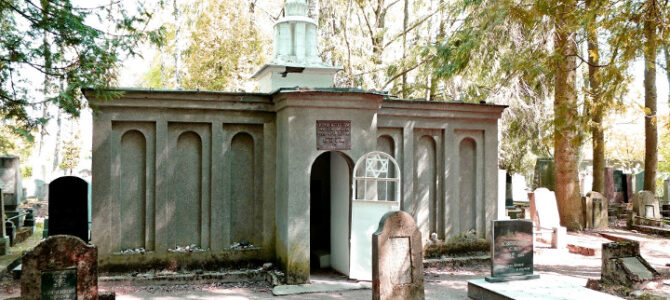
Abraham ben Abraham (Hebrew: אברהם בן אברהם, lit. “Avraham the son of Avraham”) (c. 1700 – May 23, 1749), also known as Count Valentine (Valentin, Walentyn) Potocki (Pototzki or Pototski), was a purported Polish nobleman (szlachta) of the Potocki family who converted to Judaism and was burned at the stake by the Roman Catholic Church because he had renounced Catholicism and had become an observant Jew. According to Jewish oral traditions, he was known to the revered Talmudic sage, the Vilna Gaon (Rabbi Elijah Ben Shlomo Zalman [1720–1797]), and his ashes were interred in the relocated grave of the Vilna Gaon in Vilna’s new Jewish cemetery.
Although the Orthodox Jewish community accepts the teachings about Abraham ben Abraham, including the involvement of the Vilna Gaon, secular scholars have largely concluded that it is a legend.
Jewish Traditions
The Vilna Gaon (1720-1797) was according to the Jewish tradition a mentor to Abraham ben Abraham.

The Sabbath begins at 9:28 P.M. on Friday, June 3, and concludes at 11:16 P.M. on Saturday in the Vilnius region.
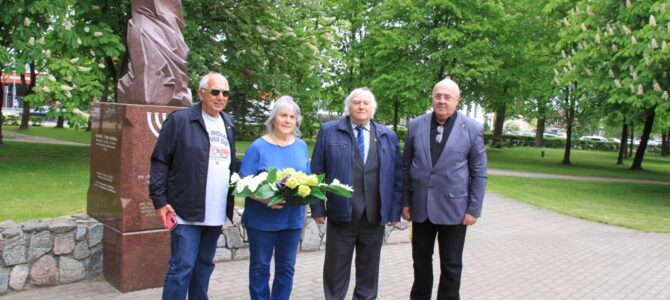
A delegation of participants from the Fifth World Litvak Congress travelled to Panevėžys May 25 and were met there by members of the Panevėžys Jewish Community and the local municipality.
Panevėžys city municipality deputy director of administration Žibutė Gaivenienė said: “It is nice to welcome today guests arriving in Panevėžys from the Fifth World Litvak Congress and members of the city’s Jewish community. Panevėžys has long been a multi-ethnic and multicultural city, and the Jewish community has played an important role in the life of the city and the whole district. At certain periods of history Jews constituted a very significant part of the population of the city and were active participants in the city’s economic and service sectors. A larger Jewish community formed in the city in the second half of the 18th century. In the mid-19th century Jews constituted about 60 percent of the city population, and in the early 1920s Jews accounted for about 35 percent of the population. So the Jewish community’s contribution to the development of Panevėžys, and especially its transformation into a modern city, is a great one, and the Jewish legacy in different forms still operates in our daily life.”
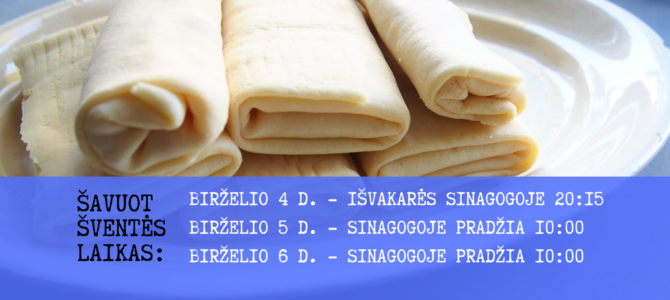
Shavuot celebrations at the Choral Synagogue in Vilnius:
Shavuot eve at 8:15 P.M. on June 4
Shavuot at 10:00 A.M. on June 5
Shavuot at 10:00 A.M. on June 6
Greetings on this special holiday and try not to work on June 6. We wish you a happy holiday and delicious dishes made with milk products!
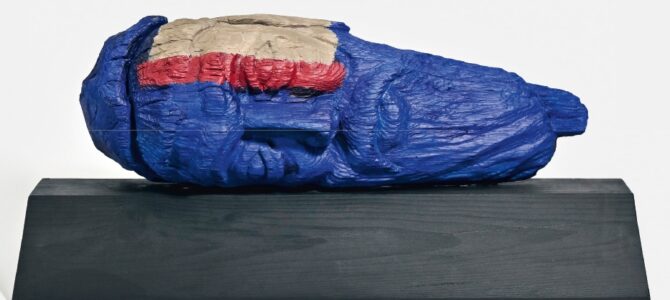
The Vilnius Jerusalem of Lithuania Jewish Community is sponsoring a free tour of the wooden synagogue in Žiežmariai and the exhibit of works of art by Daumantas Todesas currently being held there. Daumantas Todesas himself will lead the tour. Transportation will leave the Lithuanian Jewish Community at Pylimo street no. 4 in Vilnius at 10:00 A.M. on Tuesday, June 7. Registration is required by calling lead secretary Liuba Šerienė at (8 5) 2613003 or by calling+370 685 06900, or by sending an email to office@lzb.lt. Please note that the exhibit of artworks is scheduled to end June 9, so this might be your last opportunity to view it.

The Dubi, Dubi Mishpoha. Ilan and Kaveret Clubs of the Lithuanian Jewish Community invite you and your children to a Shavuot holiday brunch at 12 noon on June 5 at the Cvi in the Park Israeli street food venue in the park across the street from the Lithuanian Jewish Community located at Pylimo street no. 4 in Vilnius. There will be ice cream as well as food. Prior registration is required by sending an email to julija.lipsic@gmail.com indicating the number of adults and children and their names and surnames.
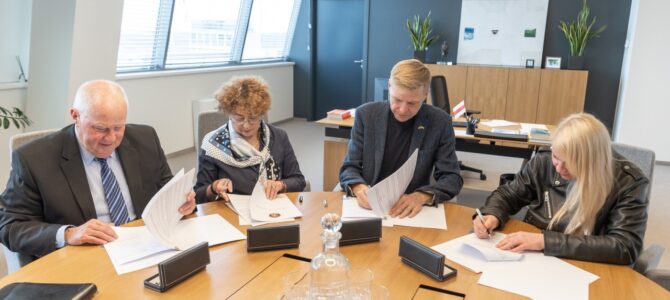
The Vilnius city municipality, the Goodwill Foundation and the Lithuanian Jewish Community have signed a memorandum for commemorating the Vilnius Great Synagogue site by mid-2026. The synagogue site and surrounding area which was home to the synagogue complex will become a Vilnius Great Synagogue memorial square with a Lithuanian Jewish Community information center telling the story of the grand synagogue complex to the wider society.
“Many Vilnius residents know why Vilnius is called the Jerusalem of the North. Faded inscriptions in Hebrew, commemorative plaques and monuments on and around buildings in the former Vilnius ghetto recall the history of Jewish spirituality and learning. We have agreed how we will create a new center of attraction for Lithuanians and foreigners at the site of the Great Synagogue destroyed by the Soviets,” Vilnius mayor Remigijus Šimašius said.
Archaeological investigations of the Great Synagogue site began circa 2010. Archaeologists at the digs discovered part of the bimah, the foundations for two of its columns, the two mikvot ritual bath sites, the location of the large external wall at the back of the synagogue and a portion of the original flooring in the main chamber of worship. They also discovered inscriptions engraved on the walls next to where the bimah stood, naming people and quoting from the Book of Genesis and lines from hymns.

The Sabbath begins at 9:20 P.M. on Friday, May 27, and concludes at 11:02 P.M. on Saturday in the Vilnius region.

The Gesher and Kaveret Clubs of the Lithuanian Jewish Community invite you to a special Sabbath ceremony and dinner with honored guests Rabbi Nathan Alfred leading the prayer service, with a concert by cantor Alan J. Brava from the Free Synagogue in Flushing, New York, accompanied by Jorge Leyt from Madrid, starting at 6:30 P.M. on May 27 at the Bagel Shop Café at the Lithuanian Jewish Community located at Pylimo street no. 4 in Vilnius. Prior registration is required either by sending an email to zanas@sc.lzb.lt or by calling +37067881514.
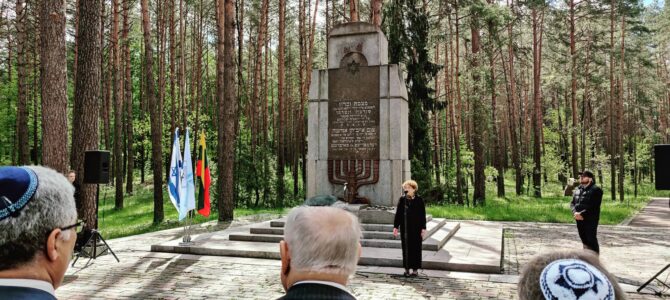
Participants at the Fifth World Litvak Congress commemorated Holocaust victims at the Ponar Memorial Complex outside Vilnius today. The commemoration included paying respects and reciting kaddish for the dead.
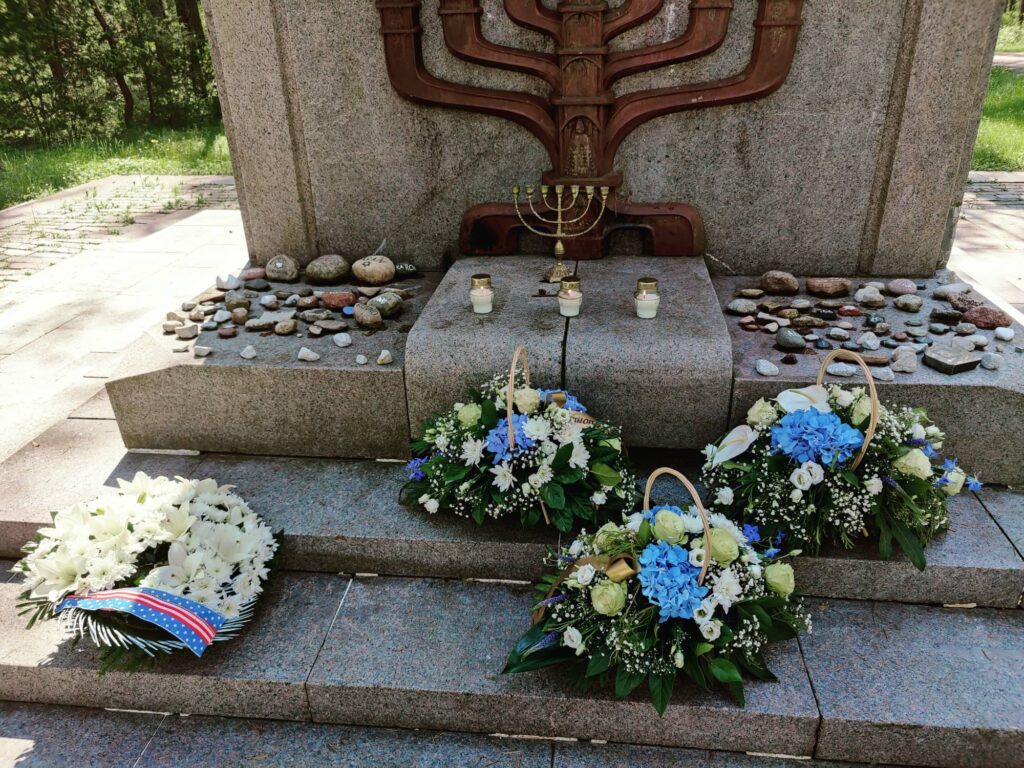
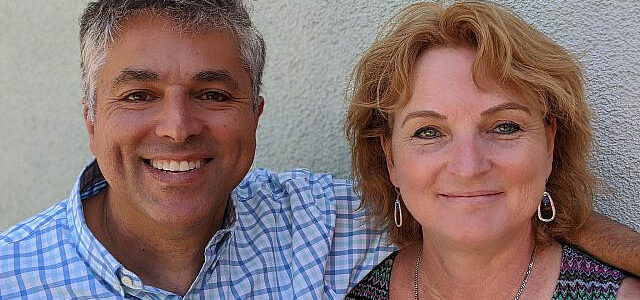
by Efraim Zuroff, Times of Israel
photo: Grant Gochin and Silvia Foti, June, 2020.
What a shame that those who work to bring Lithuania’s large-scale participation in Holocaust crimes to light cannot be honored by the Jewish community there
This week the Lithuanian Jewish community is hosting the “Fifth World Litvak Congress” in Vilnius (Vilna) from Sunday, May 22 until Thursday, May 26. In theory, the event is open to any Jew of Lithuanian origin and anyone who has a meaningful connection to the history, politics or culture of Lithuanian Jewry.
The program features an opening event in the Lithuanian Seimas (Parliament), cultural events, as well as visits to Kaunas (Kovno), Panevezys (Ponevitch), Seduva (my grandmother’s birthplace), and other sites of Jewish interest. The congress will also be addressed by Lithuanian politicians, such as Seimas Speaker Viktorija Čmilyté-Nielsen, the patron of the congress, foreign experts on combatting anti-Semitism, such as European Commissioner Katharina Von Schnurbein and former Canadian Justice Minister Irwin Cotler, as well as scholars who are experts on aspects of Lithuanian Jewish history, such as American Professor David Fishman and Israeli Dr. Ben-Tsiyon Klibansky.
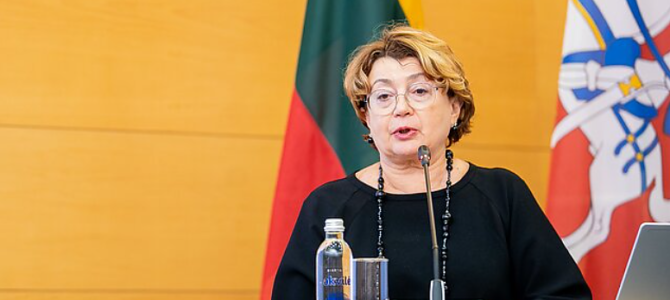
15min.lt, BNS
The Fifth World Litvak Congress kicked off at the Lithuanian parliament Monday.
Lithuanian Jewish Community chairwoman Faina Kukliansky said this congress sends the message that Jewishness isn’t just a thing of the past in Lithuania.
“Today we invite you to an open discussion on the future of Litvak culture and the importance of passing this culture on to our children and grandchildren,” she said. “I am certain the Lithuanian state has an interest in making all Litvaks from around the world feel at home in their native land.”
Parliamentary speaker Viktorija Čmilytė-Nielsen used the opportunity to talk about the Ukraine.
Besides the academic conference Monday, an exhibit called “Almanach of Litvak Culture in the 21st Century” was also opened. Topics at the conference included fighting anti-Semitism, Litvak history and education, among others.

An exhibit of works by Daumantas Lovas Todesas called “The Wanderings of Moses” opened at the Žiežmariai synagogue located at Vilniaus street no. 6 in Žiežmariai on May 23. The exhibit will run till June 9. Visitors can visit from 10:00 A.M. to 4:00 P.M. on weekdays, or arrange a different time for touring the exhibit and synagogue by calling +370 682 19944. This exhibit was jointly organized by the Vilnius Jerusalem of Lithuanian Jewish Community and the Žiežmariai Cultural Center.